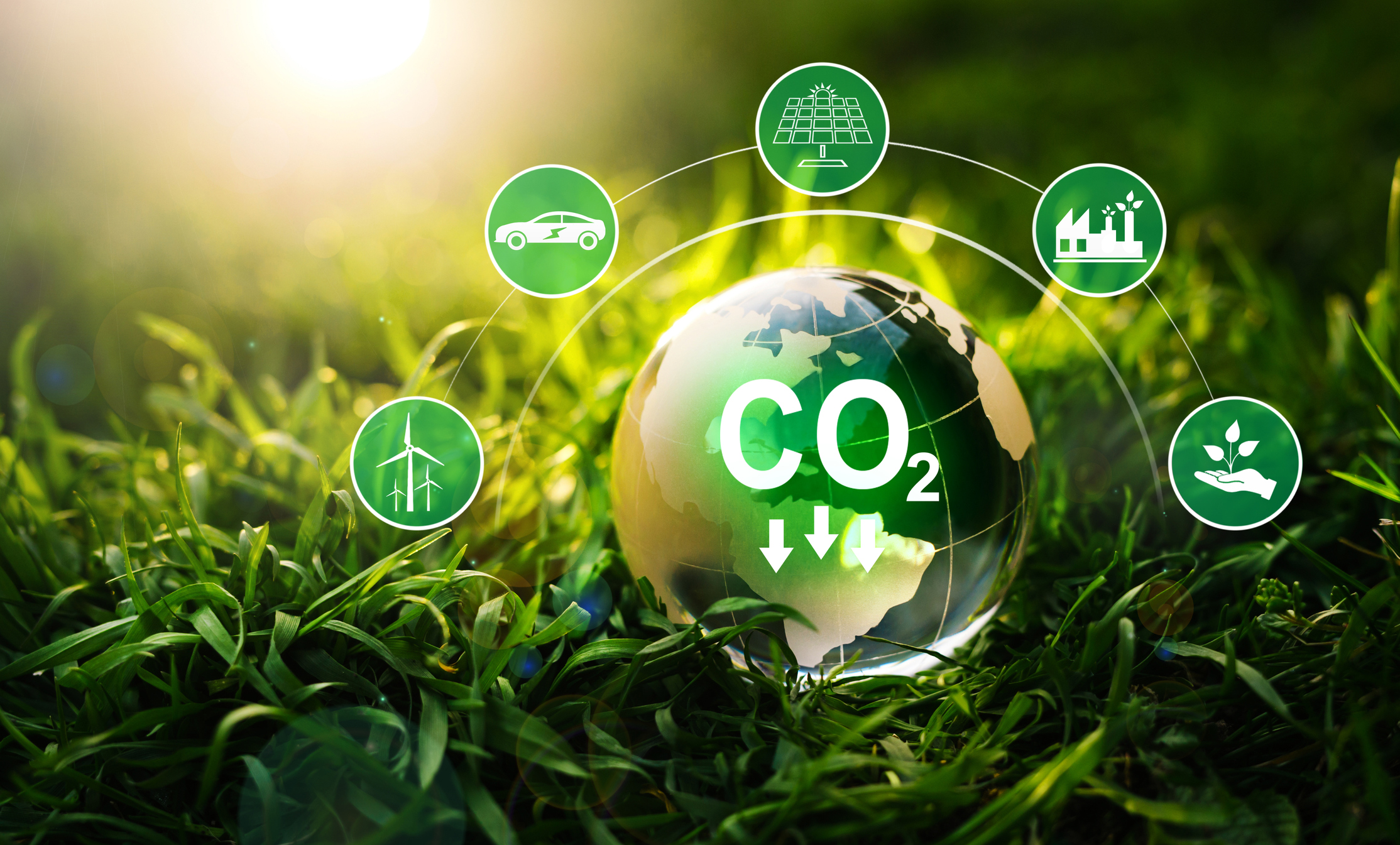Shaping a Sustainable Future – Decarbonization

In recent years, the term “decarbonization” has gained significant traction in global discourse, particularly within the realms of environmental policy, energy production, and sustainable development. At its core, decarbonization refers to the reduction or elimination of carbon dioxide (CO2) emissions generated from human activities, with the ultimate goal of mitigating climate change and fostering a more sustainable future for generations to come.
The urgency of decarbonization stems from the undeniable reality of climate change, driven primarily by the accumulation of greenhouse gases (GHGs) in the Earth’s atmosphere. CO2 emissions, largely stemming from the combustion of fossil fuels for energy, industrial processes, and transportation, are the primary contributor to this alarming trend. The consequences of climate change are far-reaching, encompassing rising global temperatures, extreme weather events, sea-level rise, biodiversity loss, and disruptions to ecosystems and human livelihoods.
In light of these challenges, decarbonization has emerged as a crucial strategy to limit global warming and its associated impacts.
Why decarbonization is of paramount importance:
Climate Stabilization: Decarbonization is essential for stabilizing the Earth’s climate by reducing the concentration of CO2 and other GHGs in the atmosphere. By transitioning to low-carbon and renewable energy sources such as solar, wind, hydroelectric, and nuclear power, we can significantly decrease emissions from energy generation.
Health and Well-being: The combustion of fossil fuels not only releases CO2 but also emits harmful pollutants. These pollutants contribute to air pollution, which poses significant health risks to human populations, including respiratory diseases, cardiovascular problems, and premature death. Decarbonization efforts can improve air quality and enhance public health outcomes.
Energy Security: Relying on finite fossil fuel resources for energy production poses risks to energy security and geopolitical stability. Transitioning to renewable energy sources reduces dependence on imported fossil fuels, enhances energy independence, and diversifies the energy mix.
Environmental Conservation: Beyond mitigating climate change, decarbonization contributes to environmental conservation and ecosystem protection. By reducing emissions from deforestation, land-use change, and industrial activities, we can preserve biodiversity, safeguard ecosystems, and promote sustainable land management practices.
In conclusion, decarbonization is imperative for addressing the urgent challenge of climate change and advancing the transition to a more sustainable, resilient, and equitable future. By embracing ambitious decarbonization strategies, harnessing technological innovations, and fostering collaboration across sectors and borders, we can mitigate the impacts of climate change, safeguard the planet for future generations, and create a more prosperous and inclusive world for all.

